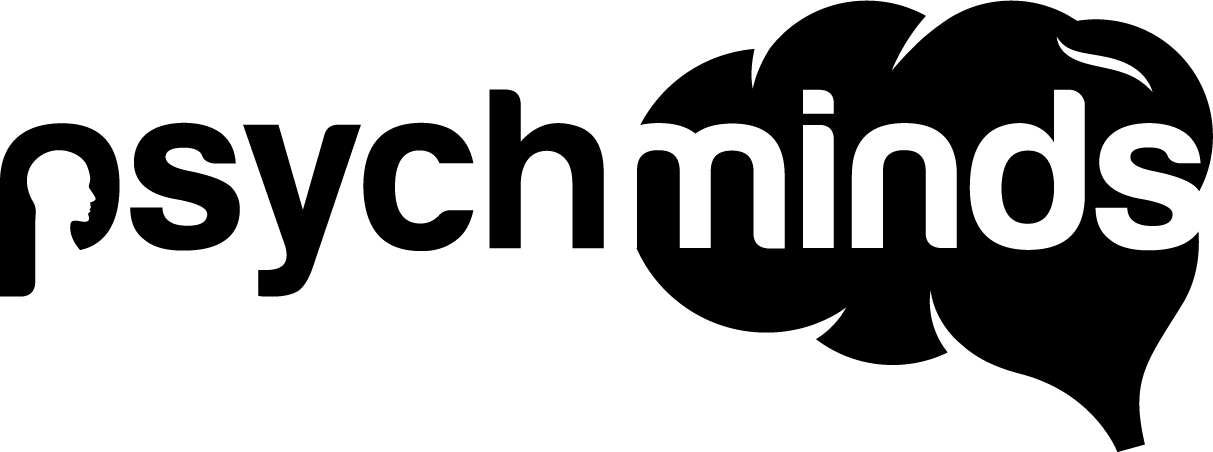Simply put, yes. The average attention span is five minutes. Ten years ago, it used to be 12 minutes. How can our attention span be less than half of what it used to be? What’s changed? The answer is… the internet. The internet is ever present in our society. Nowadays, you can be connected anywhere at any time to speedy internet services.
The internet has undoubtedly changed our lives. It has made information accessible for everyone. The benefits of the internet are huge. Do they outweigh the negative aspects though? We are a generation that is constantly checking our phones, emails, social media outlets for updates and notifications. We expect instant gratification from the internet. Pages on the web need to load at breakneck speed. A study found that a one second delay in page load time can result in 11% fewer page views, 16% decreased customer satisfaction and 7% lost conversions. Not only is technology decreasing our attention abilities, it is also decreasing our ability to be patient. We expect everything to occur instantly, at the click of a button.
Bullet pointing information is popular these days. When the information is already organized and chunked, our brain doesn’t have to go the extra mile and do the work itself. Twitter has a character limit of 140. When Facebook statuses are less than 70 characters, they get more likes than those that are more. Instagram does without words all together. How much smaller can the information we are consuming get?
I fear the day that technology will surpass our human interaction. The world will have a generation of idiots
ALBERT EINSTEIN
The effects of technology are not just changing our lifestyles; however, they are also changing our brains. Our brains are becoming rewired to suit these technological times. It has been found that older people have longer attention spans than younger people. This is likely due to the fact that they have not had their brains molded and shaped by social media technology. The circuits in our brains that are responsible for being able to pay attention throughout a long novel, think deeply about concepts, concentrate on a challenging task etc. are becoming atrophied in adults and will perhaps be near to non-existent in the young. It has been suggested that the sharp increase in attention deficit hyperactivity disorder (ADHD) could be due to the rise in the use of technology.
A Pew Internet Study in the US found that attention span and in depth analysis is being diminished by instant access to computers and online platforms. The type of reading that is done on the internet is shallow; there is no deep thinking involved. Not only that, but in order to keep people’s short attention spans on the page, interactive videos, images and sound clips are usually posted. Unfortunately, however, it has been found that video’s actually disrupt concentration abilities. When people read text only they are able to understand more thoroughly what the text is about, more so than when a video is involved. This compliments what 64% of teachers in the Pew online survey said about digital technologies, “They do more to distract students than to help them academically.”
So what is to be done? The whole notion of meeting children and students on their own turf by trying to teach through social media and technology will likely face serious challenges. By now everyone knows technology is not going away any time soon. Therefore, trying to ignore the problem is not a solution either. What needs to be done is to integrate technology and learning in a more appropriate way and to understand that technology has its limits. Nothing beats reading a paperback book for trying to extend concentration and focusing abilities. Michael Posner of University of Oregon and his colleagues created engaging computer-based games designed to teach children to pay attention. They found that this did improve attention span as well as reasoning and thinking skills.
To conclude, there are ways to be a technology user and still maintain a decent attention span. As Albert Einstein said, “I fear the day that technology will surpass our human interaction. The world will have a generation of idiots.” Let’s not be that generation.
References
Galinsky, E. (August 1, 2013). Texting, TV and Tech Trashing Children’s Attention Spans. Huffington Post. Retrieved July 31, 2013, from http://www.huffingtonpost.com/ellen-galinsky/kids-and-technology_b_2068862.html
Ordioni, J. (February 5, 2013). Social Media and Short Attention Spans. ERE Net. Retrieved July 31, 2013, from http://www.ere.net/2013/02/05/social-media-and-short-attention-spans/
Vidyarthi, N. (December 14, 2011). Attention Spans Have Dropped from 12 Minutes to 5 Minutes — How Social Media is Ruining Our Minds [Infographic]. Social Times. Retrieved July 31, 2013, from http://socialtimes.com/attention-spans-have-dropped-from-12-minutes-to-5-seconds-how-social-media-is-ruining-our-minds-infographic_b86479
Weatherhead, R. (March 19, 2012). Say it quick, say it well – the attention span of a modern internet consumer. The Guardian. Retrieved July 31, 2013, from http://www.theguardian.com/media-network/media-network-blog/2012/mar/19/attention-span-internet-consumer
Macrae, F. (September 15, 2010). Facebook and internet ‘can re-wire your brain and shorten attention span.’ Mail Online. Retrieved July 31, 2013, from http://www.dailymail.co.uk/sciencetech/article-1312119/Facebook-internet-wire-brain-shorten-attention-span.html















